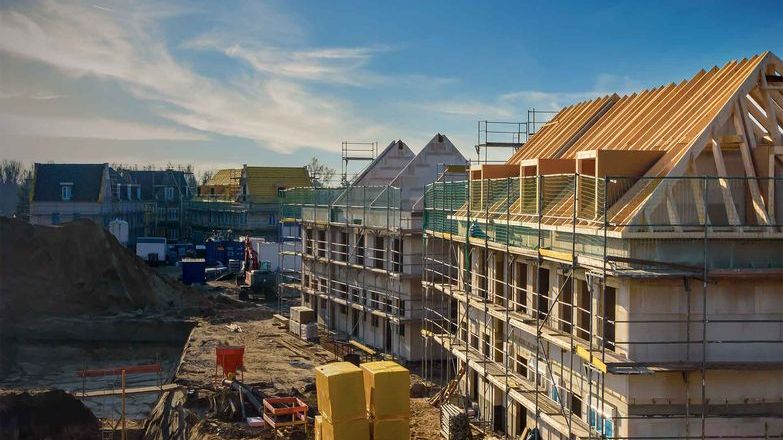
While the changes are designed to speed up approvals, Propertymark warns that unless delivery is prioritised, the reforms risk becoming little more than headline promises, and developers won’t be stuck in limbo under the new approach.
Developers and planners have repeatedly flagged the BSR as a key bottleneck in the system. Delays at Gateway 2 are pushing up costs and forcing project pauses, often with no clear timelines for resolution.
Unlocking the gridlock
At the heart of the reforms is a new fast-track route for developments needing BSR sign-off. Dedicated teams of inspectors and engineers will now assess applications earlier and more efficiently, aiming to cut the long delays currently seen at Gateway 2, the stage at which developers apply for building control approval on high-rise residential projects.
There are also changes at the top. Andy Roe, former Commissioner of the London Fire Brigade, has been appointed as non-executive chair of the BSR, with Charlie Pugsley taking over as chief executive. These leadership changes are part of a longer-term shift to make the Regulator independent from the Health and Safety Executive.
To boost capacity, the BSR is hiring over 100 new staff and updating internal processes to provide developers more clarity around timeframes and compliance expectations, and a further £2 million in extra funding has been allocated to accelerate the processing of applications. Furthermore, a shift to digital systems and more consistent guidance has been made, with plans to assess developers’ overall capability rather than individual buildings.
The planning system is complex, and issues, such as the shortage of skilled workers, under-resourced planning departments, and inconsistent decision-making, impact delivery.
AI planning tool is a positive step, but wider reform is essential
Propertymark has welcomed the launch of Extract, the UK Government’s new technology solution, which aims to reduce delays and support the delivery of 1.5 million homes through its Plan for Change. However, we urge ministers to recognise that digitising the planning system is only one part of the solution to tackling the housing crisis – recruitment, inefficient processes, and skills gaps must still be addressed.
Lessons from Grenfell
Tougher regulation was called for in the latest Grenfell Inquiry Report. However, it must also be practical in application. Smaller builders, housing associations and local authorities need access to guidance and support, not just bureaucracy and risk aversion.
Public Accounts Committee calls for urgent improvements to cladding remediation programme
Eight years after the Grenfell Tower tragedy, which claimed 72 lives, tens of thousands of people remain in unsafe homes, with remediation efforts slow and riddled with uncertainty, according to the new report from the House of Commons Public Accounts Committee.
Accelerating house building
With the UK Government committed to building 1.5 million homes throughout this Parliament, the current pace of approvals won’t deliver. Ministers claim the changes will help cut delays, unlock development and support economic growth; however, they will be judged by results, not rhetoric.






